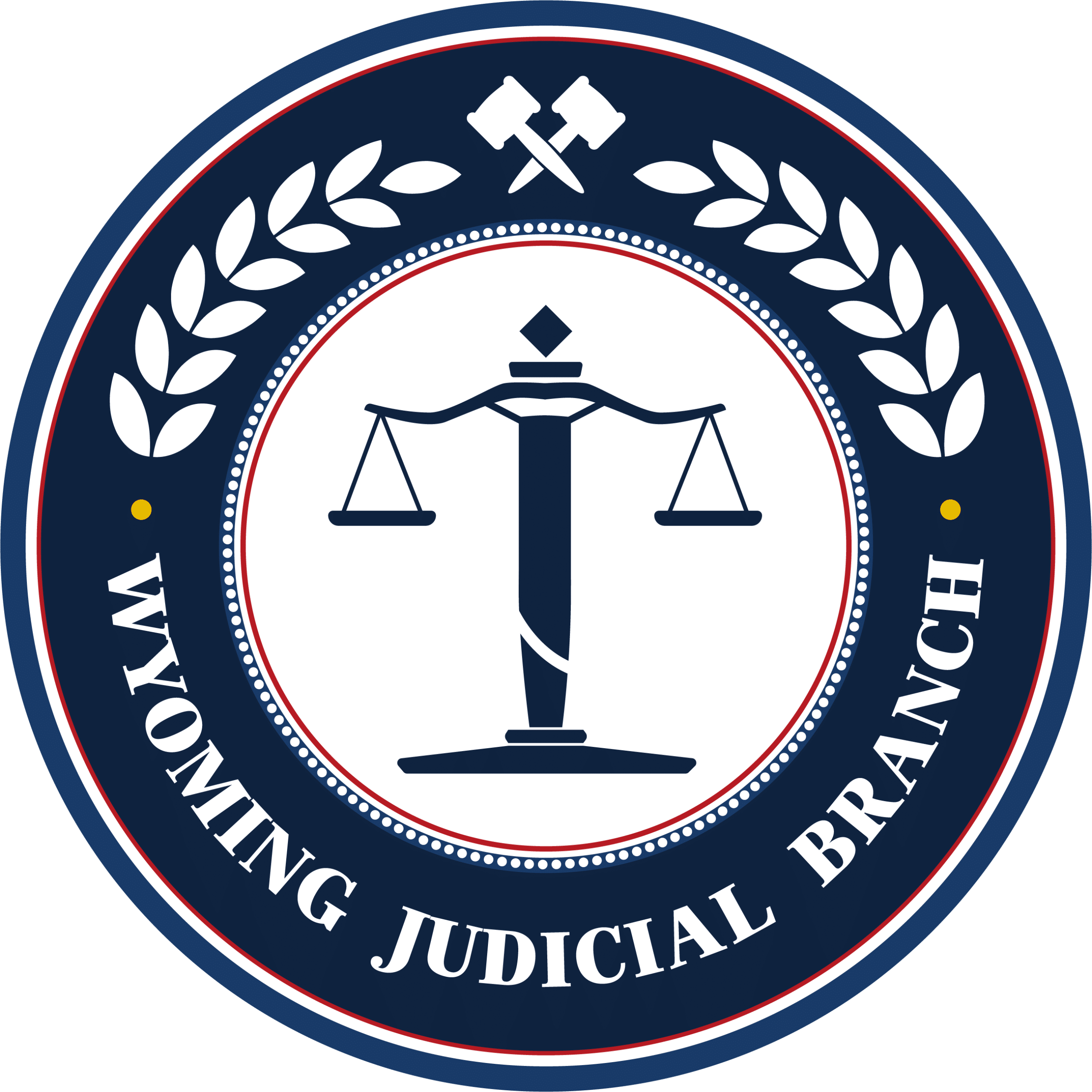Resources
Self-Help Forms
The Wyoming Judicial Branch provides these do-it-yourself forms to help individuals represent themselves in court.
Wyoming Guardianship Corporation - Fundamentals of Guardianship and Conservatorship
This video from the Wyoming Guardianship Corporation provides a general overview of guardianship and conservatorship in Wyoming.
Wyoming Guardianship of a Minor Overview
This is an overview of Wyoming procedures for Guardianship of a Minor.
Guardianships and Conservatorships
This article provides a brief overview of guardianship and conservatorship, as well as additional resources. A publication of University of Wyoming Extension
National Family Caregiver Support Program
The Wyoming Department of Health, Aging Division is responsible for the National Family Caregiver Support Program (NFCSP), a federal program which provides services to grandparents who are the guardians of children 18 years of age or younger. These services include respite care, counseling, information and referrals. This program serves every county in the state. To find out more about this program, you may call 307-777-8566 or toll free at 800-442-2766.
Wyoming Department of Family Services
Contact your local DFS office for information about available kinship care programs, economic assistance, or other available resources.
Wyoming Guardianship Corporation (WGC)
WGC provides staff to serve as guardians, conservators or substitute decision makers for incapacitated persons when no other appropriate person is willing or able to serve. The mission of WGC is to increase public awareness of guardianship and the alternatives to guardianship by providing problem solving, advocacy, public education and in-service training.
Find A Lawyer
Click the link above to learn more about finding a legal aid or private attorney.
Wyoming Statutes and Court Rules
Title 3 Guardian and Ward
Wyoming Rules of Civil Procedure
Your local county library has print versions of Wyoming statutes and rules. The print set includes references to additional relevant Wyoming materials which you may find useful.
